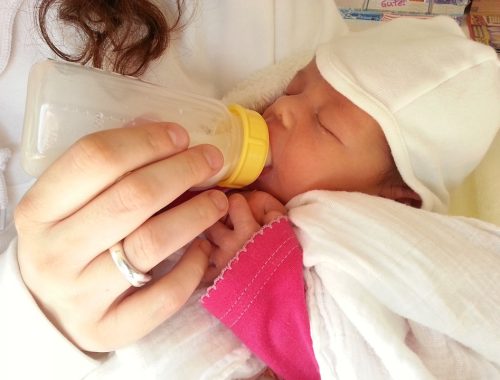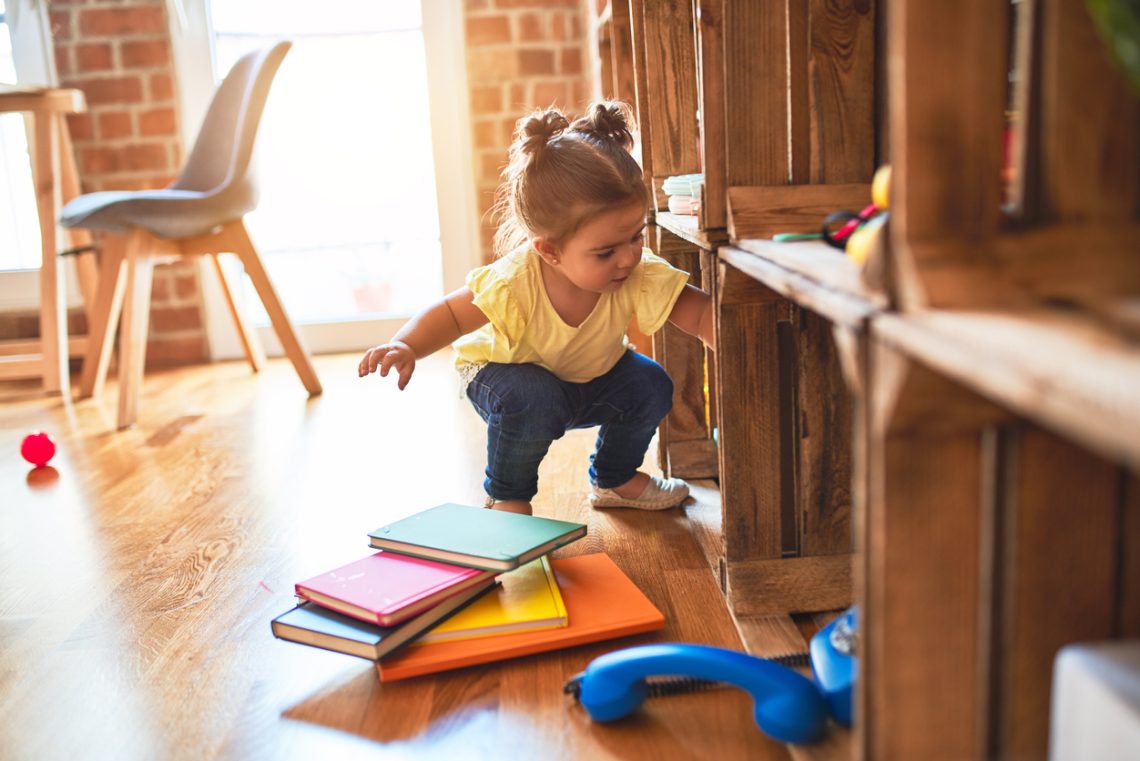
Child Safety: Preventing Accidents In The House
Every year accidents kill thousands of people, injure millions more and destroy buildings, land and valuables. Many of these accidents are often caused by personal carelessness or by defects in machines. But you will be surprised by the fact that home accidents kill more people every year than any other kind do. However, such accidents could have been easily prevented by following simple rules of safety.
Now, if there are small children in the house, special care must be taken to make sure they are safe. Gates should be placed at the heads of staircases, to keep children from falling down them. Windows should have tightly fastened screens or window guards to keep children from leaning out too far and falling. Children’s toys should be soft and pliable; hard, sharp edges can cut and bruise their mouths and hands. Coins, buttons, pins, needles and other small bright objects should be kept away from infants, who like to put these things in their mouths. Poisons, cleaning fluids and all medicines should be clearly labeled and kept out of children’s reach.
Let’s see what more can be done!
Suffocation

Plastic bags from the dry cleaner and smaller bags that keep food fresh should be kept away from children. These bags are extremely dangerous as they can cause suffocation if pulled over the head.
Suffocation is also a danger in a small child’s crib. Sheets and blankets should be firmly tucked in, so there is no danger of the child’s pulling the bedclothes over his head. Pillows, too represent a type of hazard. A baby is not strong enough to lift his head, once he buries it in a soft pillow.
Scalding and Burning

Scalding and burning are other household dangers, especially in the kitchen, where most of the cooking and washing is done. There, too, most trouble can be prevented by following a few simple rules.
Pots and pans should have their handles turned inward when on the stove. Otherwise, a child could easily reach up and pull a pot of boiling water down on himself. Or an adult working in a crowded kitchen could knock the pot off the stove. Parents should stand away from frying pans that spit hot grease and fat, especially when the kids are standing close by. Even when they open an oven or a covered steaming pot, they should open it slowly and keep their face turned away. All hot things should be handled with potholders or padded gloves. Towels, aprons, curtains and other cloth or paper objects should be kept away from the stove. Even a small spark could cause a fire.
Gas

Gas leaks are extremely dangerous. Any small spark could set off a disastrous explosion in a room full of gas. When a leak is suspected, no matches should be struck and no electric switch should be turned on or off. Windows should be opened immediately. The gas jets on the stove should be checked and the pilot light extinguished. If the smell of gas continues, the gas company should be notified. They will send a man to repair the leak. To prevent leaks, stove installations should be inspected periodically. The jets should be turned off tightly. Some housewives with small children remove the knobs from their range and replace them only when the range is being used.
Poisons
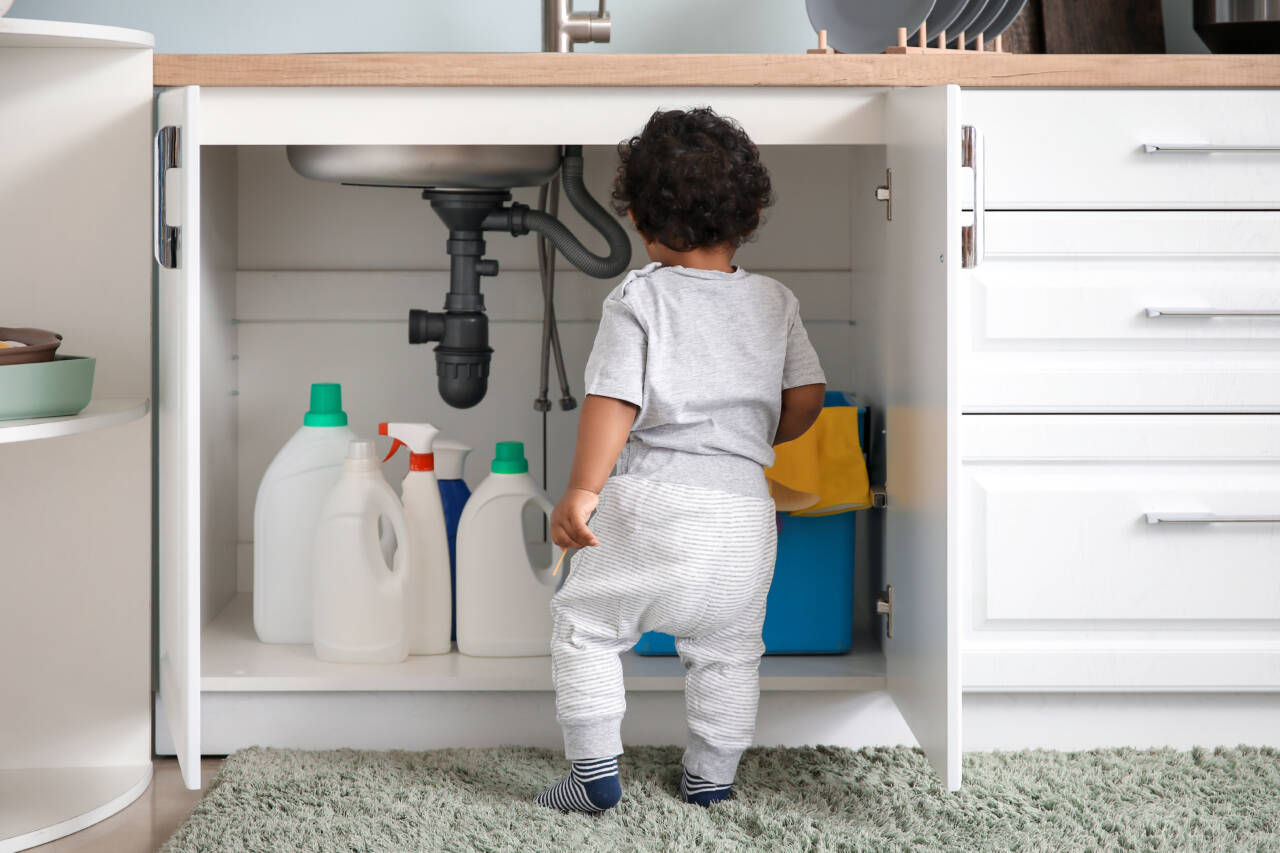
Household detergents and disinfectants such as ammonia and lye should be kept away from children. All medicine should be clearly marked and stored out of the reach of children.
Refrigerators should be defrosted and cleaned regularly and all spoiled food is thrown out. If at all possible, meat, milk products and other perishable foods should be refrigerated. If they spoil, they can cause serious food poisoning.
You May Also Like
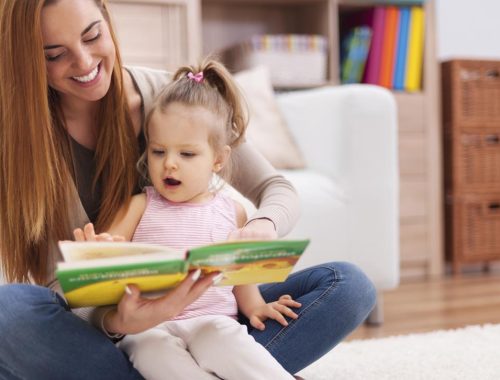
Who Are the Best Children’s Book Authors?
2022-09-21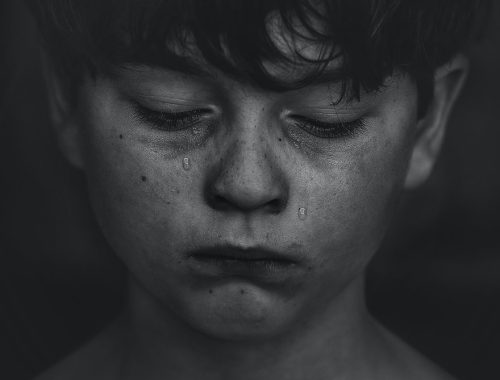
THE TOP GUIDE TO CHILDCARE WHEN DIVORCING (Part 2)
2022-03-31